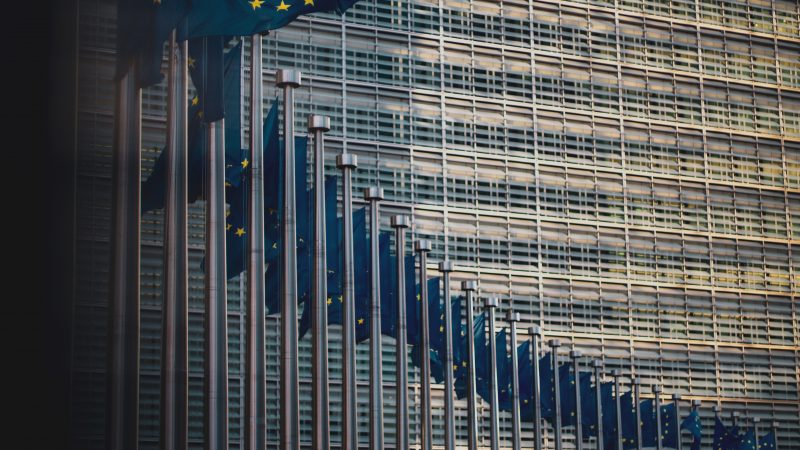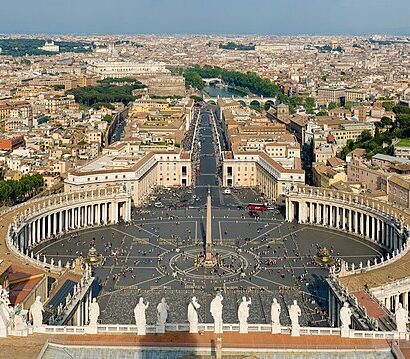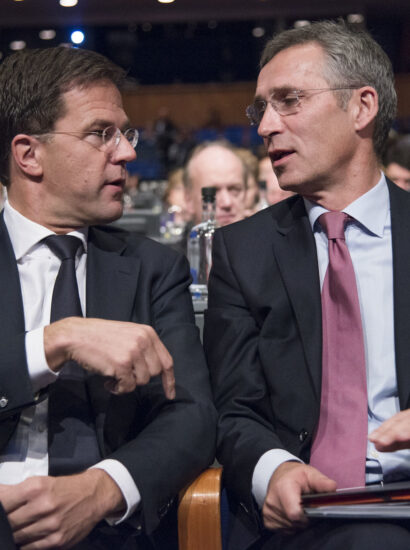Commentary by Zoltán Gyévai
When the regulation on the general conditionality to protect the EU’s financial interests (the rule of law for short) came into force, many of the three top institutions, especially the European Commission and the European Parliament, were rubbing their hands together. The EU has, at least on paper, acquired a new instrument which, for the first time in Community practice, can penalize breaches of the rule of law by withdrawing budget funds if a link can be established.
Although the inspiration and main target of the new regulation from the outset was the Prime Minister of Hungary and his system, built partly with money from the EU itself, it is clear that the instrument could be used in similar or even milder cases against others in the future.
Governments have therefore been ambivalent from the start about the new disciplinary instrument, which seems more effective than ever before. Most countries, and especially net contributors, were pleased that their taxpayers’ money would be better protected than before. On the other hand, they have not been able to get out of their own skin and have been hesitant to fully stand by a new mechanism that could be used against them in the future.
Precedents and the fear thereof have always had a major impact on the development of EU integration.
The rule of law conditionality has been challenged by the Hungarian government, unsuccessfully in the European Court of Justice, partly on the basis that it is imitating existing instruments, thus taking the bread of the failed Article 7 procedure. In fact, the new mechanism is novel in the sense that it attempts for the first time to provide an adequate response to the link between the violation of democratic (and rule of law) principles and the misuse of financial resources. For, as the Hungarian example shows, where politics subjugates supposedly independent institutions, EU budget funds are no longer safe.
The ‘rule of law brake’ is the first horizontal instrument at the EU’s disposal to address systemic risks in the use of EU money. This has not been possible so far because of the fragmentation of EU instruments along policy lines. Although the European Commission has withheld cohesion funds from Hungary for some time in recent years because of systemic failures in implementation, it has not been able to force a change in the Hungarian system. The new regulation, which is the first to be applied to Hungary, will force the Hungarian government to finally put public procurement in order. Otherwise, Hungary could lose a lot of money.
The EU’s latest rule of law and budget-protecting instruments have the potential to be a powerful tool against national governments that destroy EU values and drain resources. Although it was largely developed under pressure from the Commission and the EP, it still leaves the final decision on whether and how to judge a national government gone wrong with the Council. In this sense, there is no realignment between the EU’s powers, all the more so because the European Parliament is not dealt a hand in the enforcement of the law beyond the creation of the regulation.
That said, the mushrooming of rule of law mechanisms and the creation of the rule of law conditionality procedure have extended EU normative regulation into a new territory.
It is about the enforcement of fundamental values, including the rule of law, which, although not codified in specific legislation, have been made an integral part of EU law by the European Court of Justice in several precedent-setting judgments interpreting the relevant Article 2 of the EU Treaty.
Of course, none of this would have happened if the current political leadership in Hungary and Poland had not started to dismantle the rule of law and had not jeopardized the separation of powers. These have, albeit slowly, but over time, spawned EU responses, essentially ‘extending integration’ into a new, hitherto unknown area. The wording is muddled in that it is not a question of extending powers beyond the EU’s nations, but of upholding the values on which the European Union is founded. As with many things, the founding fathers had not previously thought of the need to do so.
Namely, that an anti-democratic process would unfold within the Union, which, if it spreads, could in time even split the EU as a whole.
From the outside and sometimes from the inside, there have always been states, individuals or situations that have tested the European Union’s immune system like a virus. Paradoxically, it is Viktor Orbán, who questions the EU’s liberal democratic values, who has perhaps done most to strengthen the EU’s defenses and develop resistance and new mechanisms in the area of the rule of law and anti-corruption.
Zoltán Gyévai is the Brussels correspondent of Free Europe (RFE/RL). He has been a journalist for more than 30 years, 25 of them in Brussels. He was founder and editor-in-chief of BruxInfo, the Brussels-based EU news portal. For a decade and a half, he was a regular EU expert on Hungarian news radio station InfoRádió’s weekly program on the EU.








[…] at the EU Council in 2020, with the support of Hungary and Poland, that allows the Commission to withhold funds intended for countries it deems to have infringed upon rule of law—will be muted throughout […]
[…] media guru Tucker Carlson – along with keynote speeches by sometimes esteemed, sometimes controversial members of the European right, it surely looks its part: CPAC Hungary is a tour de force for […]
[…] majority, taking care not to antagonise the House. In the end, with the exception of the rule of law issues, she […]